
Starting June 1st, 2023 Our warehouse fee will be $0.65/cubic foot per month
In effort to lower the warehouse storage fee during inflation, we have went narrow aisle racking.This construction took us four months but the project is finally completed. With narrow aisle racking, we are able to drop storage by 24%.We as partners will go through this inflation together.
05/08/2025
The 2025 Finished Vehicle Logistics (FVL) North America conference brought together leaders from top OEMs to share how they’re reshaping their logistics strategies in response to constant disruption - ranging from global trade volatility and EV transformation to ongoing capacity constraints. The conference showcased how the industry is moving away from fragile, reactive models toward future-ready, flexible operations through smarter planning, agile networks, and EV-ready infrastructure.
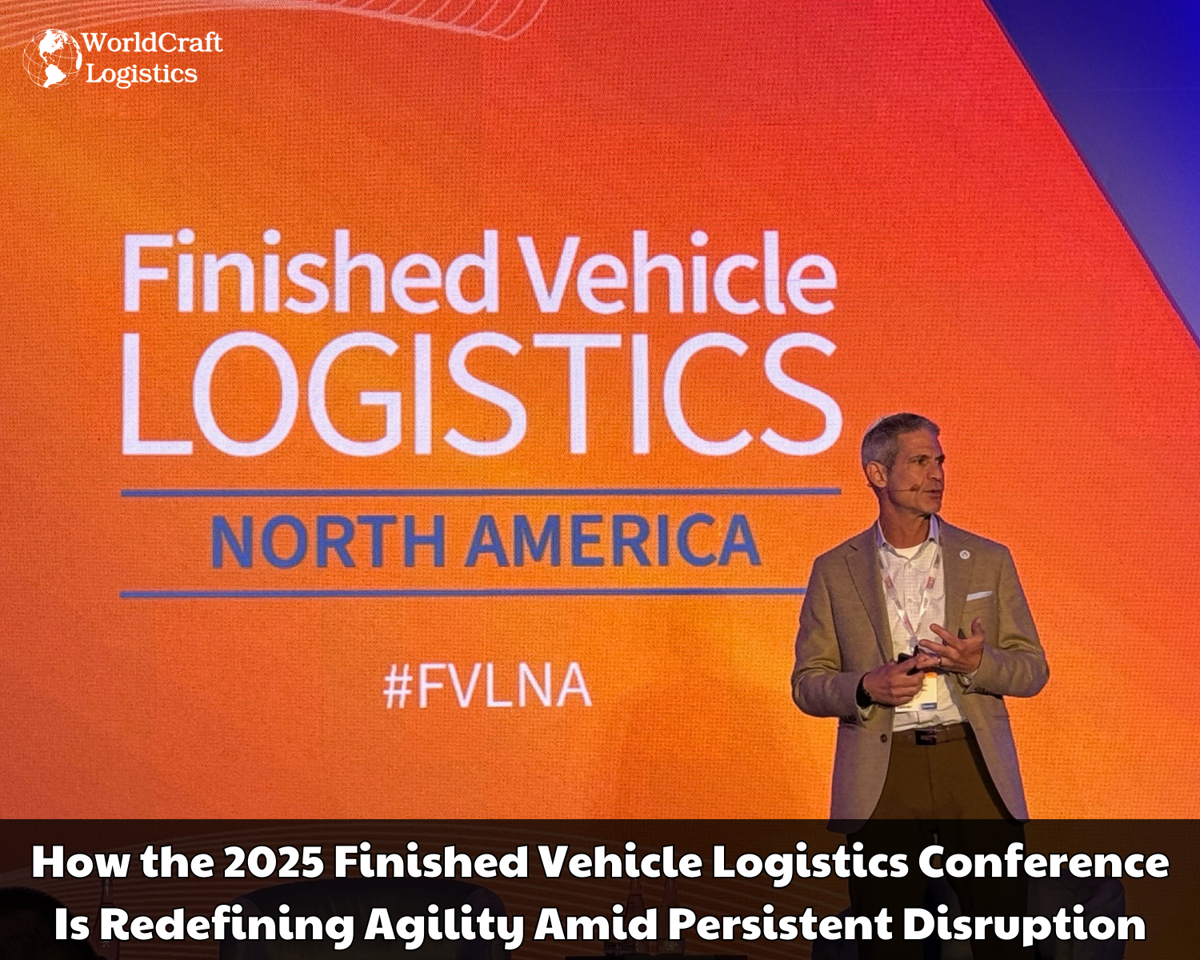
In his keynote address, Anu Goel, Executive Vice President of Group After Sales and Services at Volkswagen Group of America, delivered a sobering message: “If we don’t build optionality into our networks, we’ll be caught unprepared.” His remarks set the tone for the entire event, emphasizing that optionality and flexibility are now critical components of a resilient supply chain.
The conference theme - “Creating a faster, agile, more competitive vehicle supply chain” - gained even more relevance amidst recent tariff hikes and increasing geopolitical uncertainty. Yet the real focus of the event was operational: overcoming rail congestion, reducing lead times, and accommodating the growing complexity of EV logistics.
Disruption has become the norm rather than the exception. Amy Paulsen, Director of Finished Vehicle Logistics at General Motors, shared how her team hasn’t seen a “normal” operational year since before the pandemic. External shocks - like labor strikes, railcar shortages, and tariff fluctuations - are now deeply embedded in the logistics ecosystem.
To navigate this volatility, GM is investing heavily in quality control across the network. Paulsen explained how the company is improving its end-to-end quality processes using site visits, test loads, and IT tools to ensure consistency. “We’re aligning strategically to create a consistent quality standard throughout the network,” she said.
Other automakers, like Nissan and Volkswagen, echoed the same shift. Todd Myers, Director of Finished Vehicle Logistics at Nissan North America, described how his team is adopting more flexible yard layouts and real-time scheduling adjustments to respond to unexpected disruptions. “We’ve taken a more agile approach to minimize pipeline disruptions,” he noted.
One key solution discussed at the conference was scenario planning - designing logistics networks that can quickly switch between transport modes like rail, truck, and short-sea shipping when disruptions occur. This flexible approach, highlighted by Worldcraft Logistics, is quickly becoming a best practice across the industry.
Goel emphasized that it’s not just about contingency planning, but designing logistics systems that are resilient by default. For VW, this includes building alternative cross-border routes, improving visibility from manufacturing plants to Vehicle Distribution Centers (VDCs), and closely aligning with partners to manage tariffs, weather delays, and regulatory changes.
“If our logistics only works under perfect conditions, then it doesn’t work at all,” Goel stated.
The ongoing shift to electric vehicles (EVs) is driving significant change in logistics operations. EVs introduce unique challenges - from securement of heavier units to the need for specialized infrastructure like mobile charging units.
Tony Stinsa, Director of Inbound and Finished Vehicle Logistics at International, emphasized that “an electric Class 8 truck is not just a heavier version of a diesel one – it’s a completely different vehicle from a logistics standpoint.”
Charging infrastructure remains one of the biggest bottlenecks. Vehicles are often delayed or rerouted due to limited charging availability on major routes. Tom Shannon, GM’s Finished Vehicle Operations Manager for Ports and EV Logistics, added: “We’re rethinking our yard layouts, charger placements, and processing flows to ensure we’re EV-ready.”
Without scalable charging access along multimodal routes and at VDCs, logistics networks risk becoming fragmented - highlighting the urgent need for innovation in EV-ready lanes and dynamic staging zones.
“Logistics is the last mile to revenue,” said Brian Watanabe, GM’s Logistics Manager for Quality Claims. “Damage is the final deduction.”
Quality was a major focus at the conference, with OEMs moving from reactive fixes to proactive prevention. Melissa Tremp of GM and Ryan Kooistra of Rivian shared how their teams are using real-time data, supplier scorecards, and collaborative audits to reduce vehicle damage and speed up resolution times.
GM is also incorporating weekly performance reviews, digital audit trails, and centralized claims management to quickly identify and solve problems. As Paulsen explained, “It’s about building visibility and tools to prevent issues, not just react to them.”
The company is embracing startup-style “learning sprints” to drive rapid iteration. “We’re staying close to our failures so we can improve quicker,” she added.
A consistent theme across the conference was the importance of real-time, actionable visibility. Ben Shain, Senior Manager for Vehicle Logistics at Nissan North America, explained how VIN-level tracking enables his team to manage provider handoffs, identify delays early, and maintain a consistent customer experience.
“Data is only useful if it’s actionable,” Shain emphasized. This includes visibility tools that not only show performance but also provide the context teams need to make informed decisions.
Technology providers like Cognosos and Blue Yonder are helping move the industry from passive dashboards to predictive control centers, using AI to analyze dwell times, ETA variances, and lane performance - enabling real-time decision-making and smarter capacity planning.
The 2025 FVL North America conference marked a pivotal moment for the industry. What once was a focus on identifying problems has now shifted to implementing coordinated, future-proof solutions.
From Worldcraft Logistics' perspective, these insights offer valuable guidance. Whether you’re dealing with the complexities of international auto parts shipping, the rise of EV infrastructure, or navigating U.S.-Mexico customs hurdles, one thing is clear: agility, data, and strategic design are the new cornerstones of global logistics success.
SEO
Digital Marketing/SEO Specialist
Simon Mang is an SEO and Digital Marketing expert at Wordcraft Logistics. With many years of experience in the field of digital marketing, he has shaped and built strategies to effectively promote Wordcraft Logistics' online presence. With a deep understanding of the logistics industry, I have shared more than 500 specialized articles on many different topics.
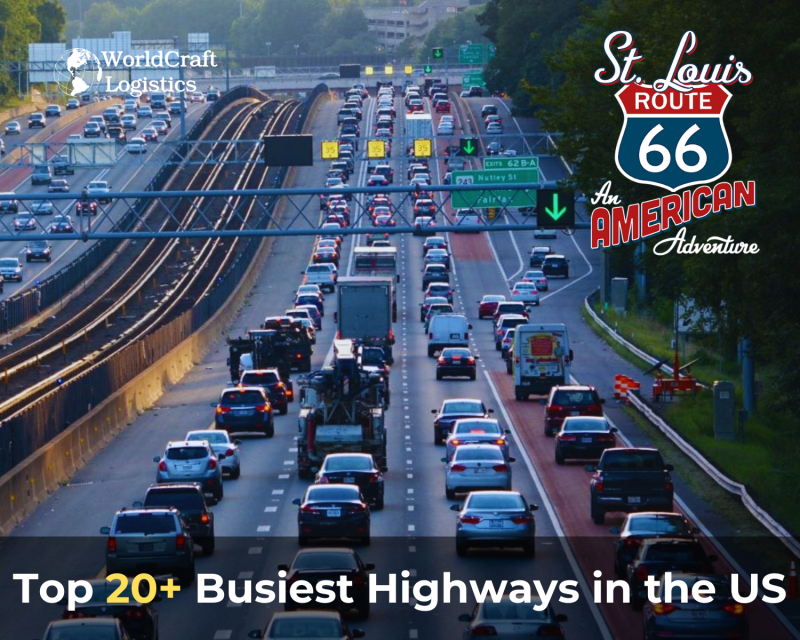
Hot News
08/05/2024
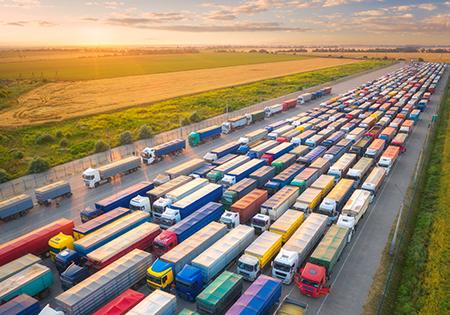
Hot News
02/23/2023
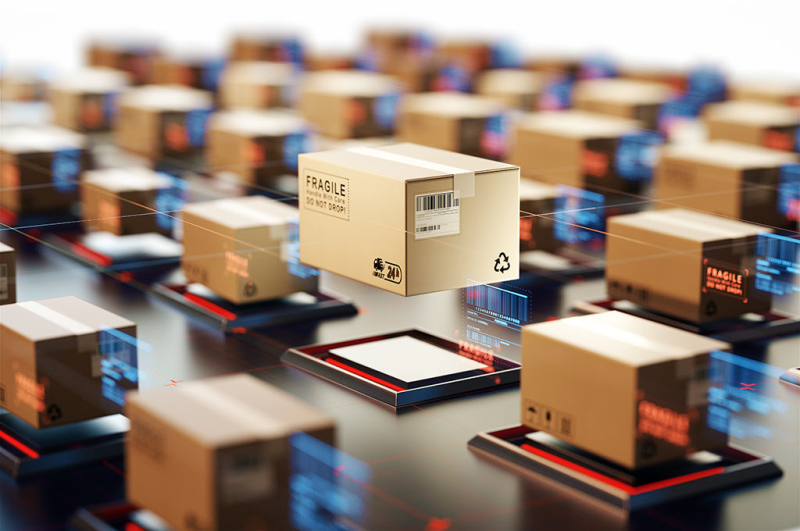
Hot News
02/23/2023
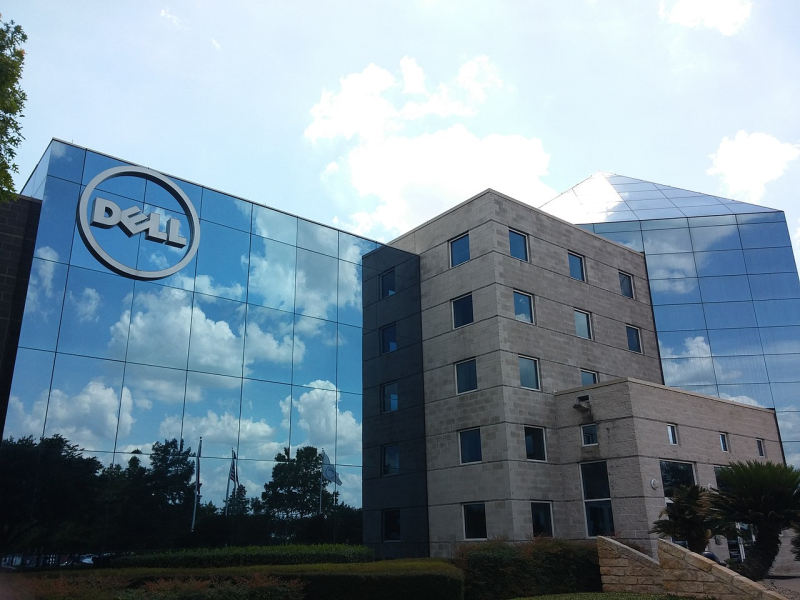
Hot News
02/06/2023
Hot News
02/07/2023